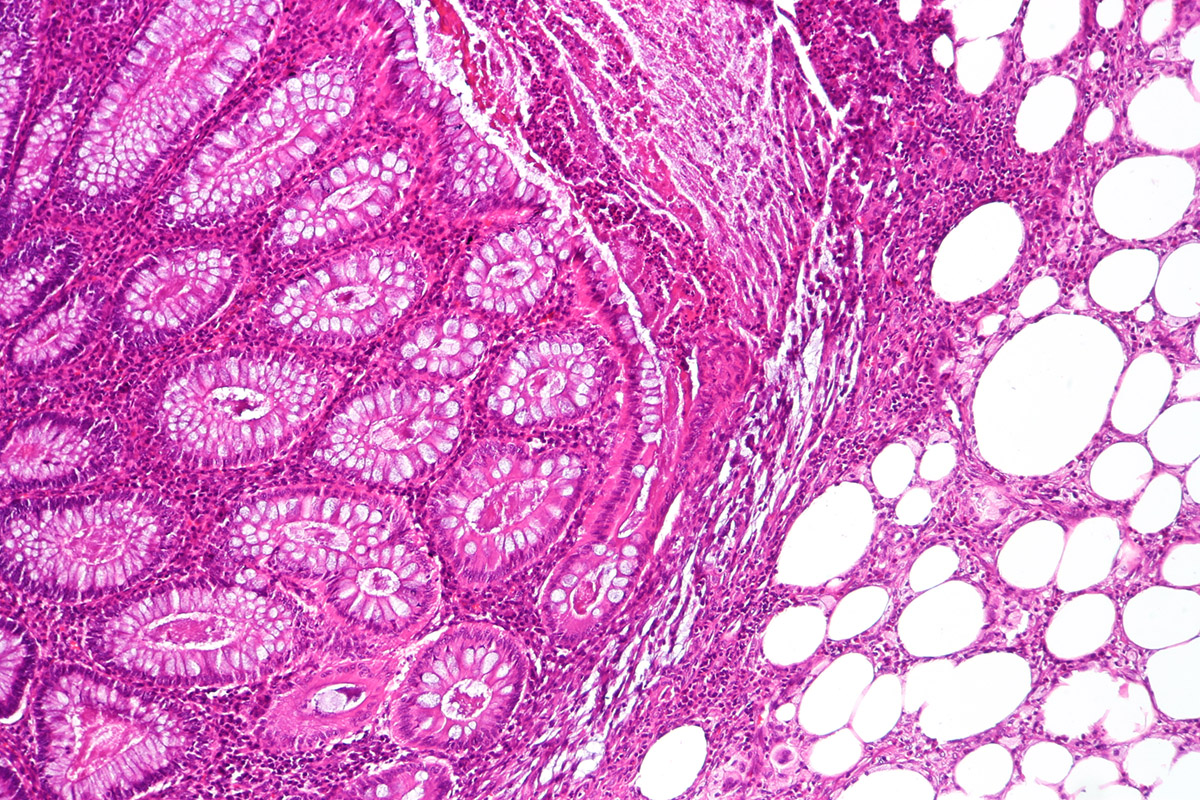
How to recognize diverticulitis?
Diverticulitis is a condition that is very common among people older than 40, and it affects the digestive system. In some cases, the people might not even be aware of having this problem because no symptoms will emerge, while in other people, pain in the abdomen, nausea, fever, and more than obvious change in the bowel habit are only some of the symptoms that occur. Obese people, people who consume foods that are low in fiber, as well as those who are physically inactive and do not exercise, are at higher risk of developing diverticulitis. It is important not to ignore the symptoms, since in such cases, the condition can complicate and result in rectal bleeding, peritonitis, formation of abscess, or fistula.
Food that people with diverticulitis should avoid
Generally, the treatment of the majority of milder cases requires certain changes in the diet, which usually refer to liquid diet or the one that is low in fiber. Liquid diet helps the infection to heal and the volume of bowels to decrease, and it is enough to stick to it for a few days, while after that, the person can increase the amounts of foods rich in fiber. Since certain foods will definitely create problems for people with diverticulitis, it is more than important to identify such foods as soon as possible. Even though it does not happen to every individual, the fact is that nuts, corn, chili peppers, pumpkins, and sesame seeds provoke negative effects in the great number of people with this condition. Aside from these foods, all foods that are processed need to be avoided, as well as beans, lentils, white rice and white flour, or food that contains any of these ingredients. The same goes for junk food, fried food and spicy food. All of them are hard on the digestive system, and even when the person in question is healed, returning to the previous eating habits and including again all the foods that have been avoided will only bring them at risk of experiencing another diverticulitis attack. On the other side, there are foods that people with this condition usually tolerate well, and among such foods are bananas, peaches, watermelon, carrots, celery, eggplant, zucchini, meat and dairy products. Still, it is not excluded that some of these foods might cause some problems in some people, which is why it is necessary to pay attention. It is best to make a good use of these circumstances and try to change permanently eating habits, making them healthier.


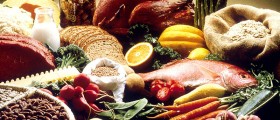
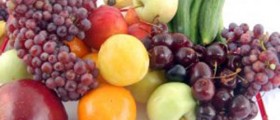
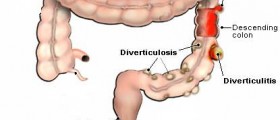

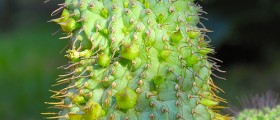

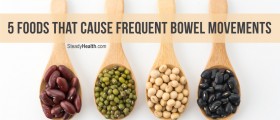
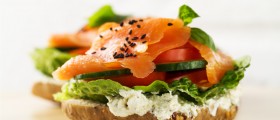
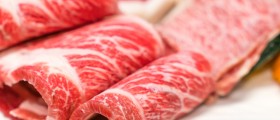
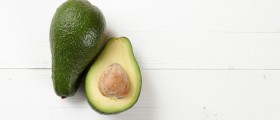
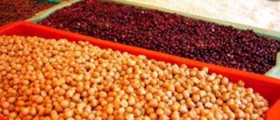
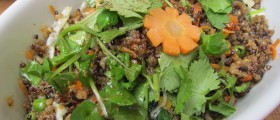

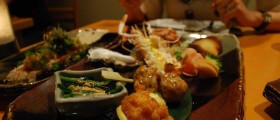

Your thoughts on this
Loading...